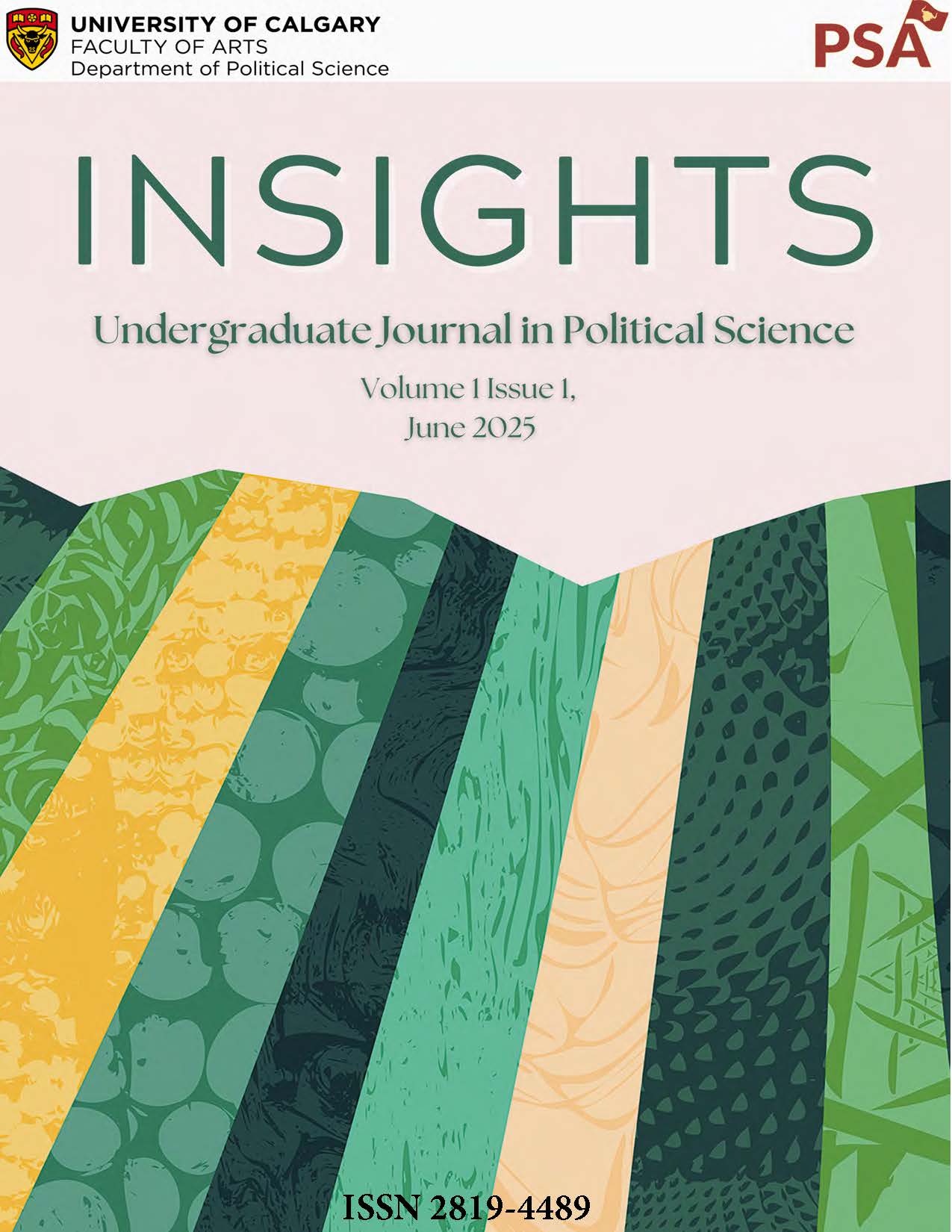Does Freedom require Good and Justice? An Examination of Mill’s account on Freedom.
Keywords:
Political Thought, Freedom, Agency, John Stuart MillAbstract
It can be stated that the notion of freedom in modern political philosophy has always started with defining the individual free will in relation to universal morality that resides in reason. In other words, the free will, or the self, follows a system of moral considerations for humanity, which guides the former and their actions towards the virtues of good and just. While Immanuel Kant and Jean J. Rousseau’s notion of freedom posits their own idea of universal morality to drive internal reason. Surprisingly, in J.S Mill’s account of freedom in On Liberty, he supposes no importance for universal morality in discussing how subjectivities can be free. Mill believes that reason ought not to follow a morality that is not of one’s making, arguing that this principle can not bring true freedom. In replacement, the philosopher turns to the notion of utility to drive reason. Thus, this essay will investigate whether Mill’s project of freedom can bring about a full account of the good and just, without a universal morality. Through a deep engagement with Kant and Rousseau’s notion of freedom, specifically, the former’s concept of duty and the latter’s conception of God, it can be argued that Mill is unable to do so and present the implications of his shortcomings.
Downloads
Published
Issue
Section
Categories
License
Copyright (c) 2025 Thu Phan Phan Nguyen Gia Thu

This work is licensed under a Creative Commons Attribution-ShareAlike 4.0 International License.
Open Access Policy:
Insights Undergraduate Journal in Political Science provides immediate open access to published content in support of the idea that free access to research helps support the exchange of knowledge and ideas. Authors will never be charged to submit or publish a manuscript through Insights, and all articles will be made available under a Creative Commons Attribution 4.0 Share-Alike License. as indicated in the Copyright Notice section under the page.


